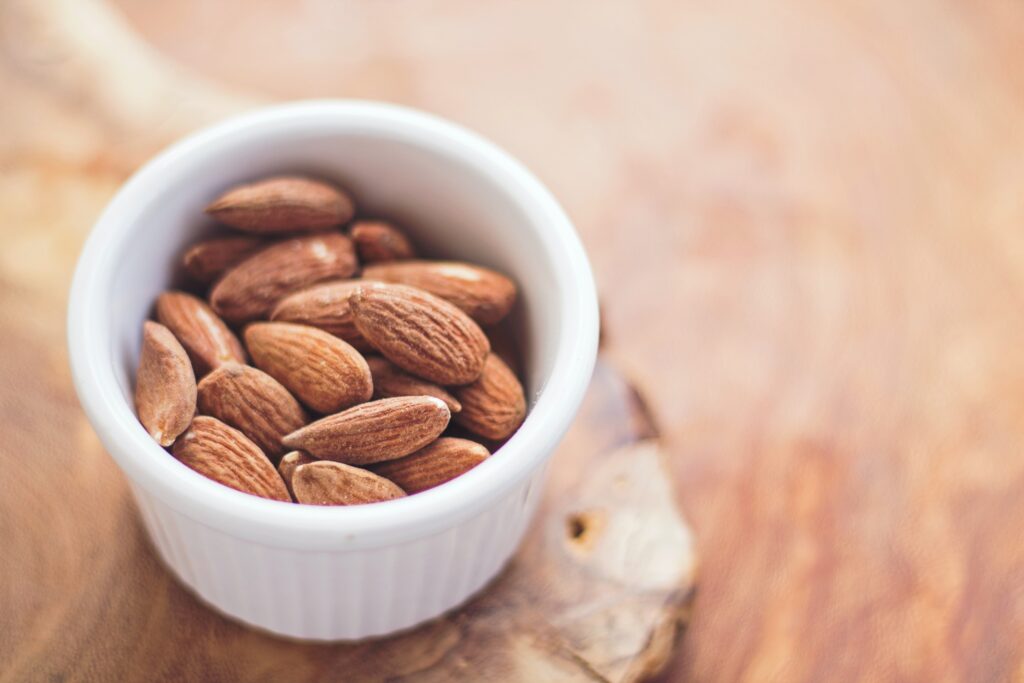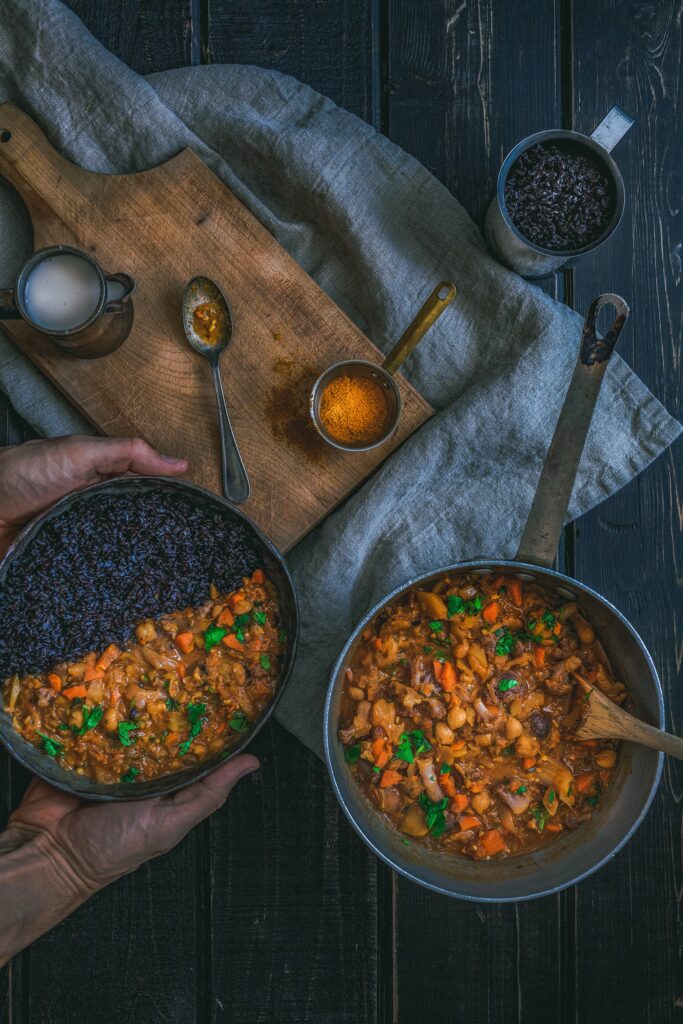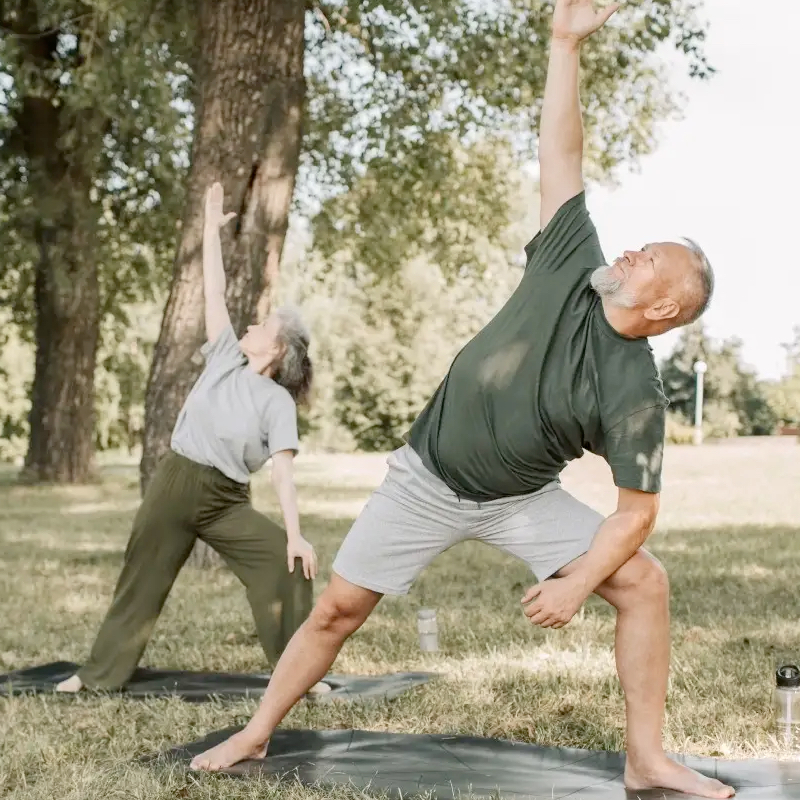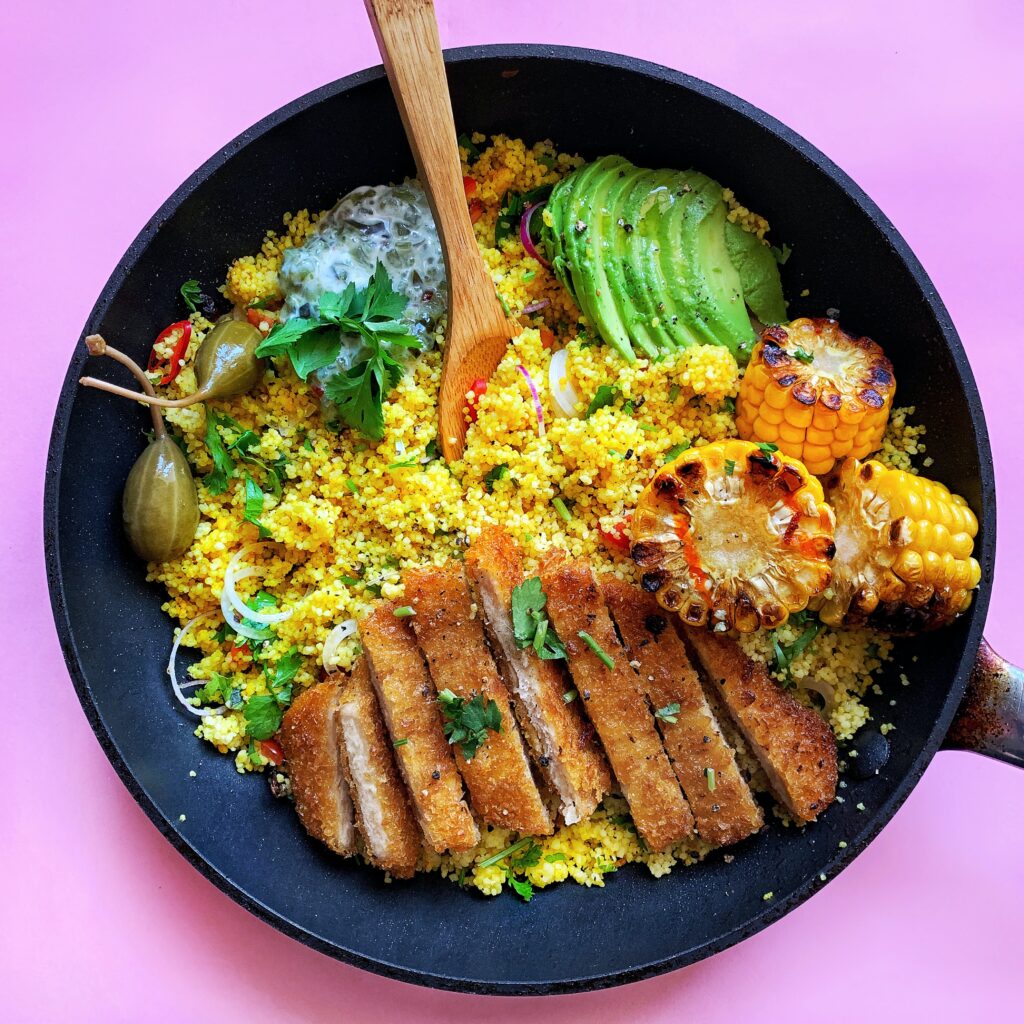WHAT IS A CALORIE?
You hear about calories all the time, but exactly what does it mean? A calorie is a unit that measures energy.
All foods and drinks contain calories. Knowing how many calories your body needs each day will help you choose which foods are best for you. When you know that a food contains 100 calories, this gives you an idea of how much energy your body gets from digesting it: in this example for 80kg male with an average level of physical activity, 2200 kcal is enough.
Digestion is a complex process, but in terms of energy, calories are a simple and effective way to estimate the amount of energy in food. The body breaks down food in a unique way, so the amount of calories is a way of knowing how much energy your body will get from anything you eat or drink. From here on let us establish that ‘Calorie’ is simply a technical word for ‘energy’.”
Your body needs calories just to operate — to keep your heart beating and your lungs breathing.
ARE CALORIES BAD FOR YOU?
Аs we have just established; calorie is just a unit of energy.
Your body needs that energy for various functions which we will discuss later, however, and consuming too much OR too little calories can have negative consequences.
Yet eating too many calories and not burning enough of them off through physical activity can lead to weight gain over time. Consuming too little calories over time will not allow your body to function properly and can negatively affect your health.
HOW DOES YOU RBOD YUSE CALORIES?
Your body needs calories just to stay alive and operate properly. This energy is used for basic functions such as keeping your heart beating and lungs breathing. Calories are essential for all basic and complex functions including the regulation of body temperature and the operation of every cell in your body.
Your body also needs calories in order to grow and develop. You burn calories without even thinking about it such as during the digestion of food, recovery of muscles after exercise, and even while you sleep.
Finally, you need energy to do any physical activities: walking, playing sports, swimming, etc: the more active you are throughout the day the more calories you burn.
HOW MANY CALORIES DO YOU NEED?
Amount of calories you need is highly individualized.
People differ in size and have different metabolisms, so the amount of calories a person should consume will vary depending on several factors. These factors include a person’s height, weight, age, and daily activity level. The bigger a person is, the more calories that person may need, vice versa. Even though two people can have the same body measurements, the amount of calories they need can differ because of the way their body metabolizes what they consume. Calorie calculators are available online, which can be used to determine how many calories your body needs based on the necessary factors. If you eat more calories than your body needs, then the extra calories are converted into fat. If you eat less calories than you need, then your body uses your stored body fat as the energy it needs to function. Understanding the amount of calories you need will help you better control your weight.
MACRO BASICS
Macronutrients or macros are carbohydrates, fats, and protein. While digestive processes differ for these macronutrients, they are all sources of calories. Anything you eat is broken down to these three macronutrients. Your body does not recognize the food you eat as “chicken, rice, salad, etc”. Instead, your body sees whatever you consume as a carb, fat, or protein. This is the reason you find these macronutrients written in bold letters on the nutrition label of any food or drink product.
Calories are made up of three macros: protein, fat, carbohydrates.








